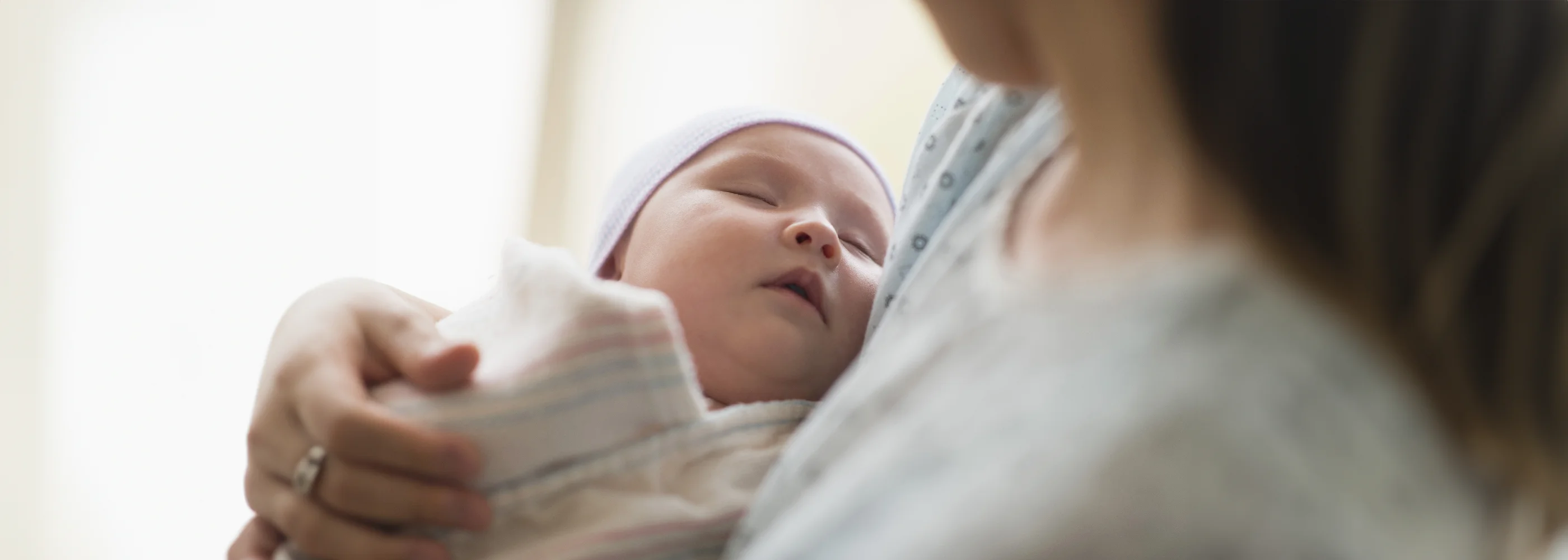
Oral thrush or mouth thrush is a common and harmless condition seen in infants. It is a fungal infection caused by the overgrowth of yeast called Candida albicans. Candida is found naturally in the oral cavity of most infants and does not usually cause a problem
However, infants may experience an overgrowth of Candida in their mouths due to their underdeveloped immune systems, making them more susceptible to infections. Additionally, the use of antibiotics in babies can also contribute to this condition.
A baby with oral thrush has white or cream-coloured lesions or patches on the lips, tongue, roof of the mouth and inside of the cheeks that look like cottage cheese and cannot be rubbed off. Some babies may experience discomfort and fussiness when feeding or sucking on a pacifier.
Some infants may also develop a persistent nappy rash known as "napkin dermatitis," attributed to the same yeast infection.
In the case of breastfed babies, there is a potential for them to transmit a thrush infection from their mouth to their mother's nipples, leading to considerable discomfort. Symptoms may include burning nipple pain, cracked and sore nipples, or, in some cases, red and shiny nipples, necessitating medical treatment from your doctor.
In most cases, breastfeeding can continue with proper precautions. However, if your nipples are red and swollen, it may be painful to feed or express milk.
The diagnosis is often based on a physical examination and the baby's medical history. The doctor will examine the baby's mouth for characteristic signs of oral thrush, which include the white patches on the tongue, inner cheeks, roof of the mouth and lips.
Sometimes, the doctor may perform additional tests or cultures to confirm the diagnosis. However, in many cases, the characteristic appearance of the white patches and the associated symptoms are sufficient for a diagnosis.
In most cases, especially when the symptoms are mild, no specific treatment may be required for oral thrush in babies.
If oral thrush in a baby persists and does not improve within a few days, your doctor may prescribe an antifungal treatment in the form of oral gels or liquid. Some babies may also require antifungal creams to treat the nappy area.
If you are breastfeeding, you may be prescribed an antifungal treatment in the form of a tablet.
Oral thrush in babies can be contagious. The infection can be passed from the baby to others through direct contact.
It is essential to practice good hygiene, such as washing hands regularly and taking precautions to avoid spreading the infection, especially if a baby has oral thrush.
Get in touch with us to find out more about our Paediatrics Services at your nearest Gleneagles Hospital if you have any questions about infant oral thrush.

Wait a minute